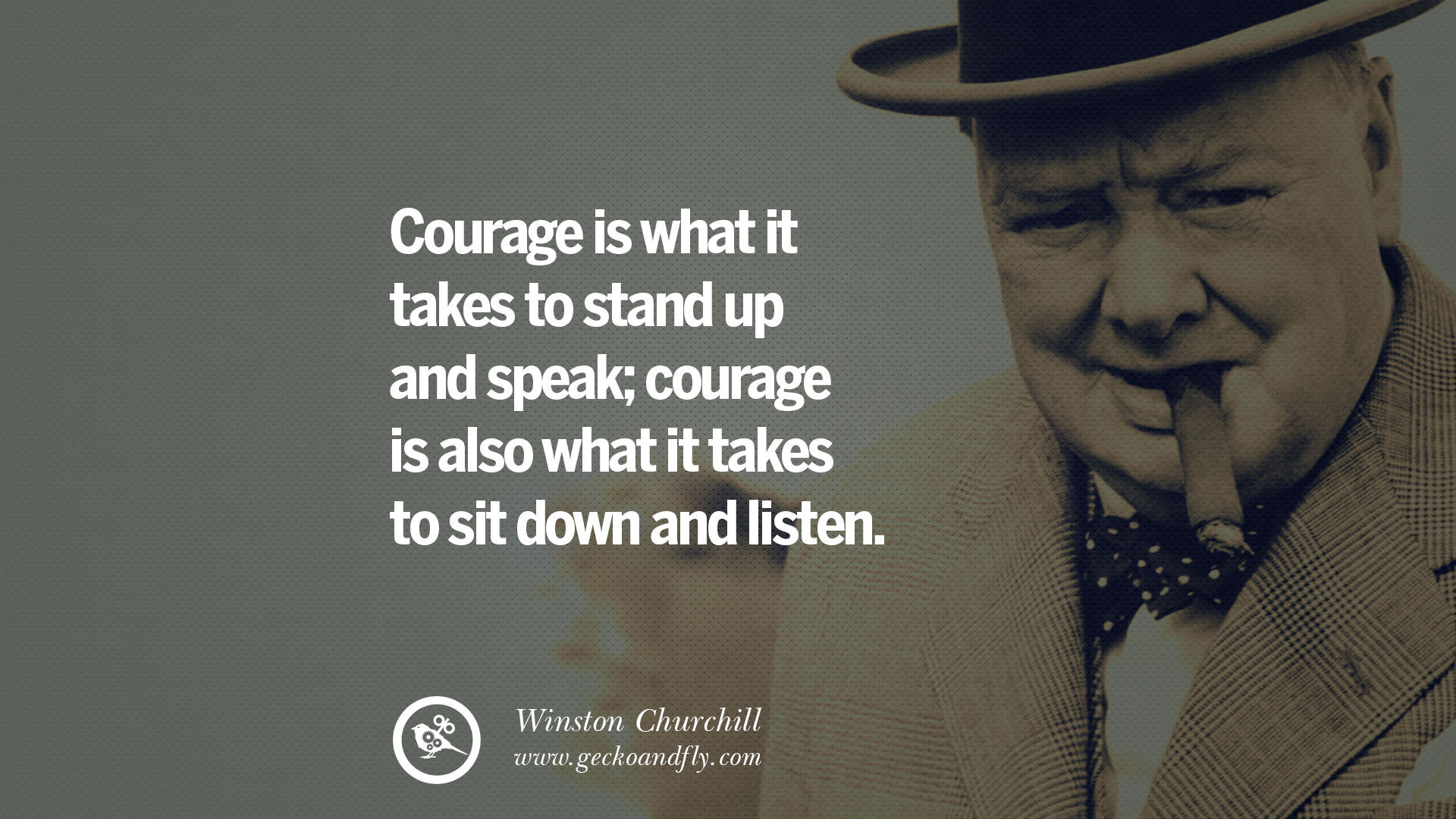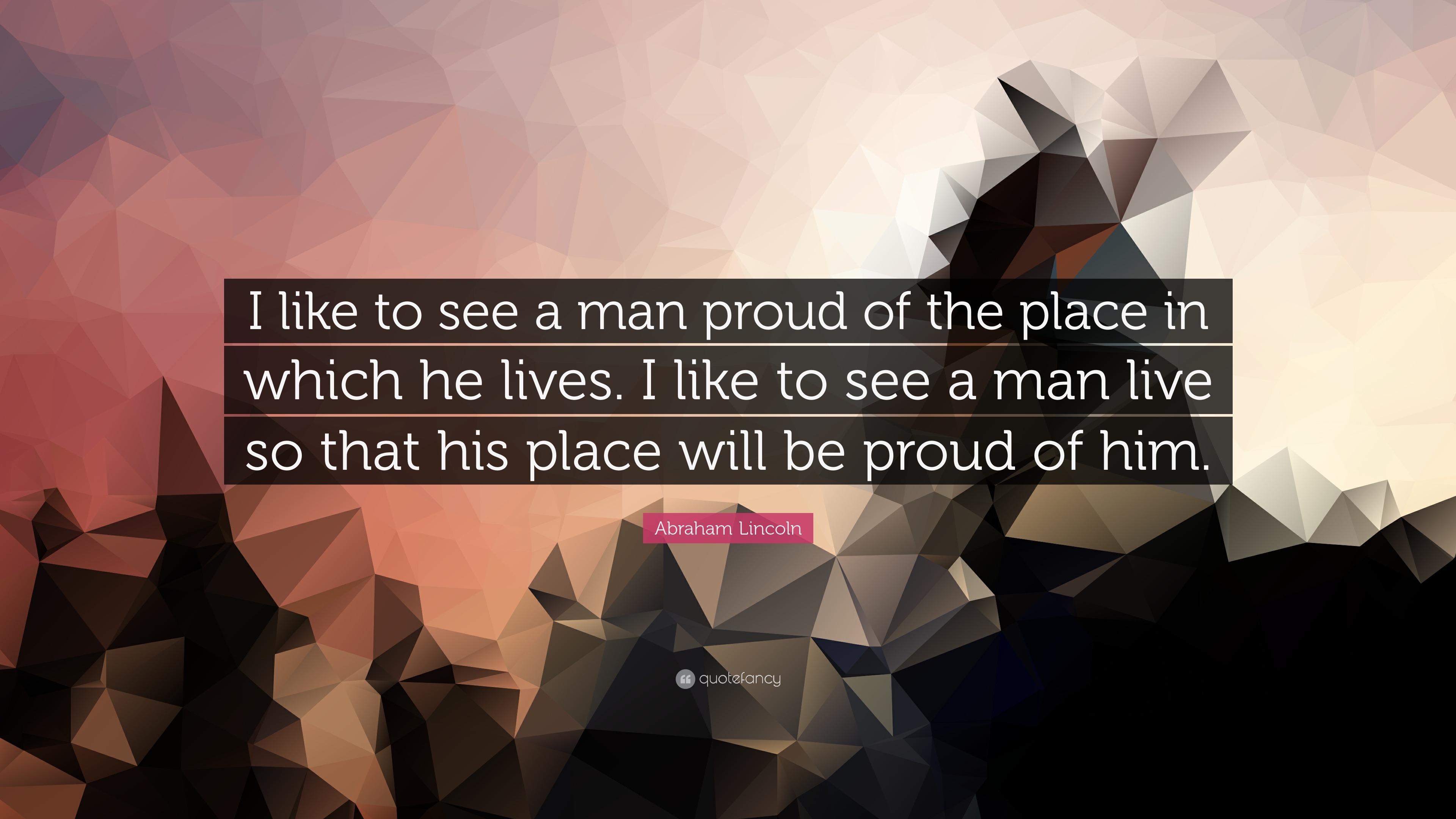Sir Winston Churchill is a widely known historical figure. He was the Prime Minister of England during the course of the World War II. As soon as World War II was over, he was removed from his position at Prime Minister. Today, we have a quote from him in the image below concerning courage. Take a moment to read and ponder it.
When I first read this, I was extremely confused. I view this situation as a classroom, so standing up, sitting down, speaking, and listening are seemingly the four main things that go on during a class period. So, according to this quote, it takes courage to do anything? That seems pretty odd. Everything I do takes courage, which I can see as true in a way, but I don't believe this is what he means. What is it that he could possibly mean by this quote then?
We know, or if you didn't know, that Winston Churchill was a politician. Throughout his life, some of his beliefs and writings were very controversial in the political community. When we have a controversy, then there tends to be an argument to which there tends to be at least two sides. Let's look at it from a political perspective, and a controversial one. I believe that this quote needs to be split down the middle, since he is talking about two people showing courage in different ways in the same situation. This isn't advice for just one person. We begin with a statement that is made by someone in a room. Now, everyone can just sit there, takes this statement as fact or as the right course of action, without voicing their own opinions. But, the person who does stand up and speak his opinion, especially if he or she believes it is wrong. At that moment in time, the opposing person is fighting peer pressure and stepping outside of the norm. That is the first half of the quote anyways.

The second half of the quote goes back to the person that made the original statement. This person could just cut off the opposing person and not listen to anything he says. Or, he can seemingly listen, but really disregard everything that is said. In either case, he is essentially ignoring any advice or insight that he, himself, may not have had in the first place. Therefore, it takes courage to sit down and listen. Actually listen to what is being said, and take it into account. And, if you are wrong, then it is okay to admit it in front of everyone.
This just goes to show that there are so many ways to show courage, and each situation will be different. Each of these people are doing completely opposite acts, but they are showing courage because of the situation at hand.
Chain Image




